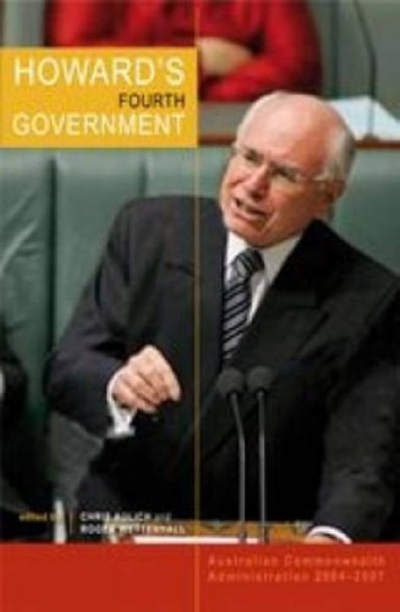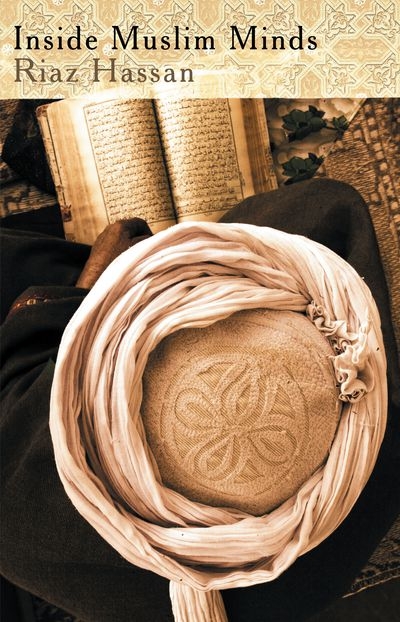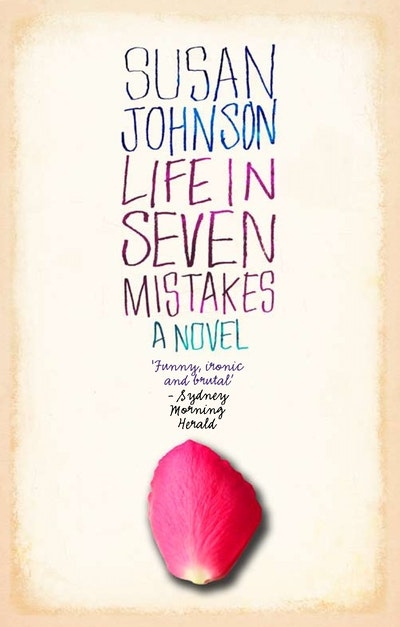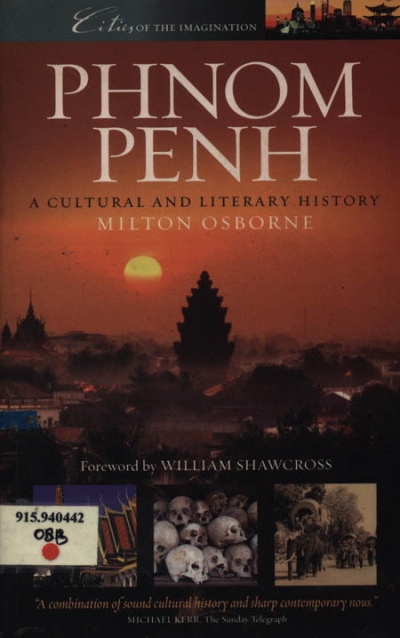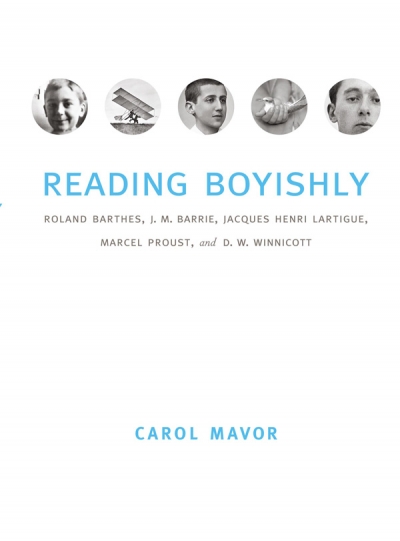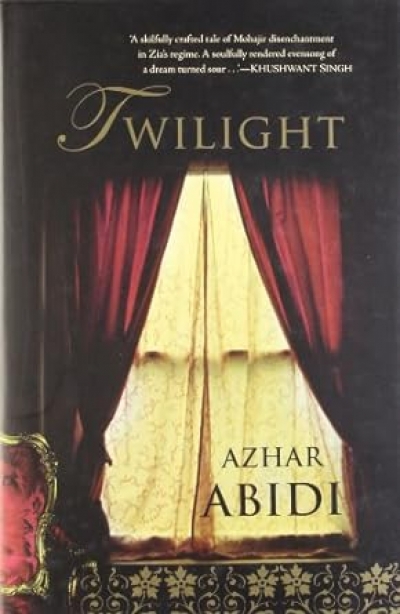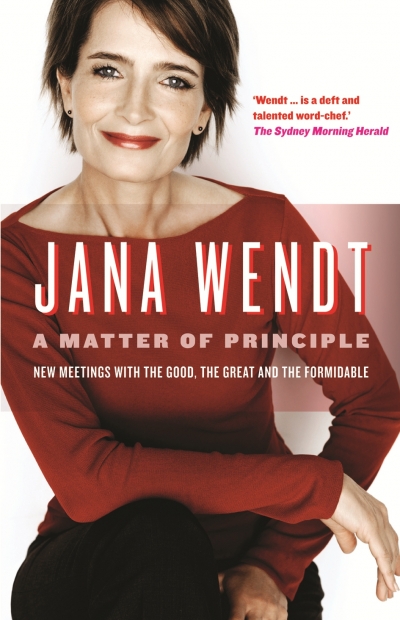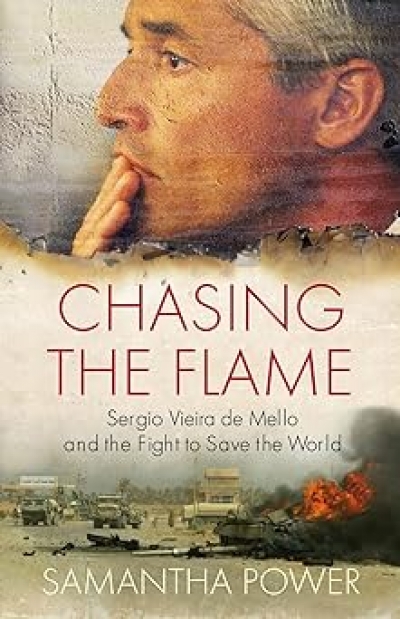Archive
Howard’s Fourth Government by Chris Aulich and Roger Wettenhall (eds) & Inside Kevin 07 by Christine Jackman
by Norman Abjorensen •
Phnom Penh: a cultural and literary history by Milton Osborne
by Richard Broinowski •
Reading Boyishly: Roland Barthes, J.M. Barrie, Jacques Henri Lartigue, Marcel Proust and D.W. Winnicott by Carol Mavor
by Geordie Williamson •
A Matter of Principle: New meetings with the good, the great and the formidable by Jana Wendt
by Gillian Dooley •
by the radio:
I mishear the news and sports presenter
say ‘the latest in nuisance sports’,
outside the light is green,
the lightning frightening stay away
from windows but the storm
takes no notice of me and my black Bic biro
here at the kitchen table
Chasing The Flame: Sergio Vieira De Mello and the fight to save the world by Samantha Power
by Nicholas Brown •
Despite increasing competition from Internet search engines and online encyclopedias, quality information titles for children continue to be produced in Australia. Well-researched non-fiction books that bring their subject matter to life can have a much greater impact on an inquisitive mind than is the case with the fact-bites of Google.
... (read more)
